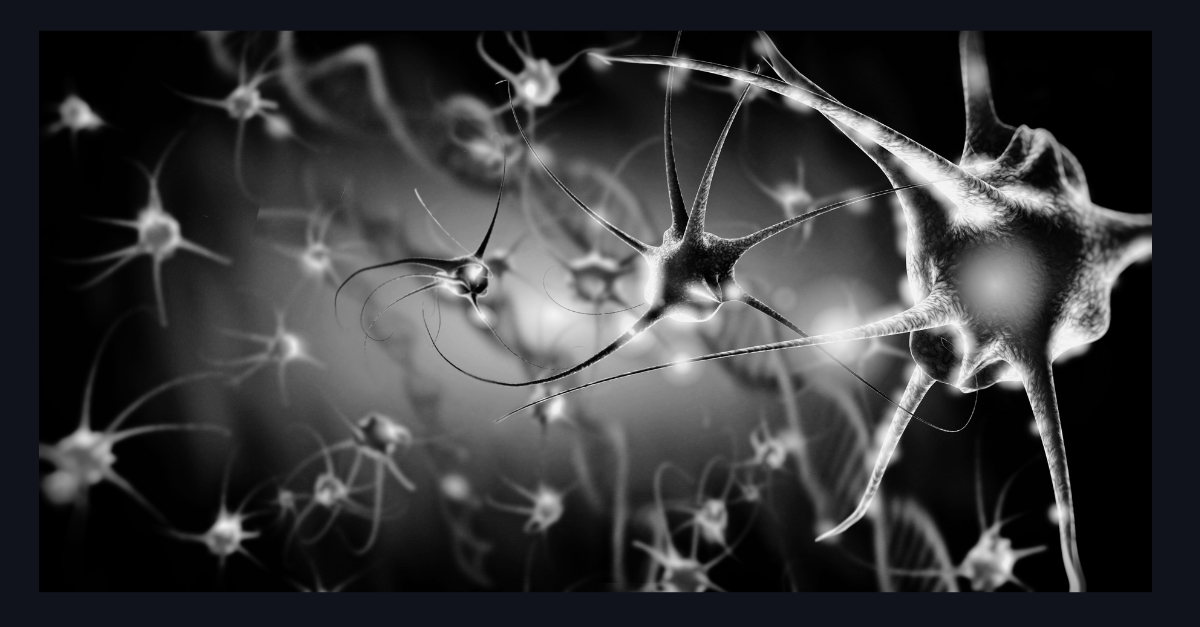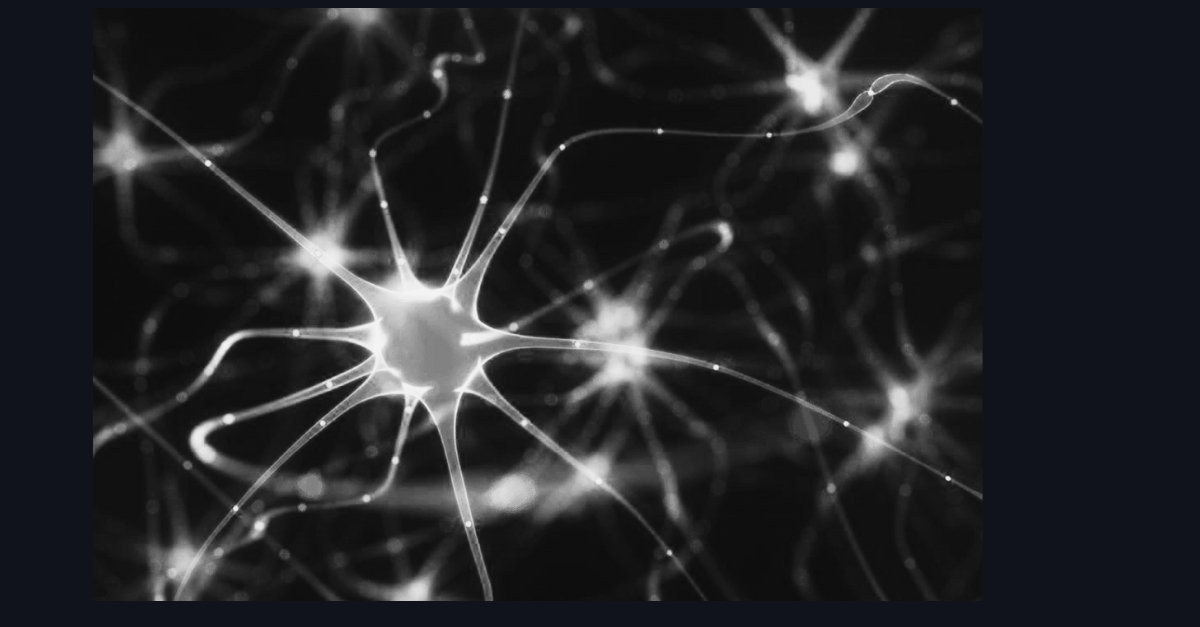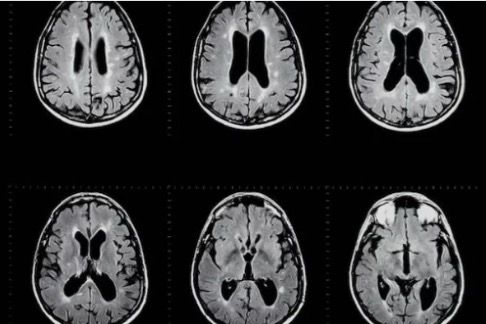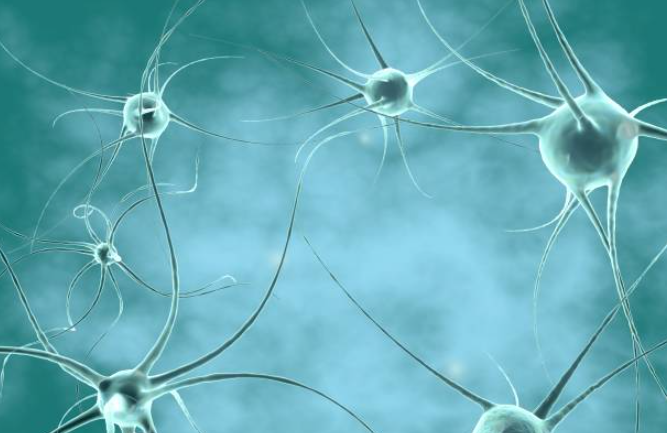MS therapies: what is in the Pipeline
BIOGRAPHY
Nikolaos Grigoriadis
Professor of Neurology at the Aristotle University of Thessaloniki
Dr Nikolaos Grigoriadis graduated from the Faculty of Medicine of the Aristotle University of Thessaloniki. He did his PhD thesis and residency in Neurology in the same institution. He has been specialized in clinical and experimental Neuroimmunology and CNS immunopathology in a number of research centers and institutions abroad.
He is now Professor of Neurology at the Aristotle University of Thessaloniki and Head of the of the B’ Dept of Neurology, AHEPA University Hospital, the...






